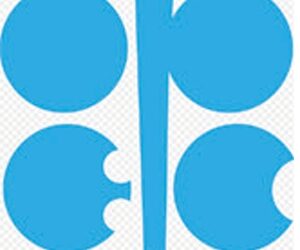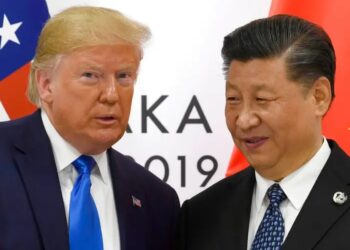March 15, 2024
A small Hamburg bank was at the center of a clandestine financial network Iran relied on for years to funnel money to its terror proxies in the Middle East, including Hezbollah in Lebanon and Yemen’s Houthi rebels, offi cials from two western intelligence agencies told the European edition of Politico. Politico said western intelligence flagged evidence to German financial authorities that the Islamic Republic was using Varengold Bank AG to fund its terror affiliates, leading to a sweeping investigation that has forced the bank to all but shut down its commercial banking operations.
Iran’s military complex relies on European banks to launder the proceeds of its illicit sales of oil and other goods, western intelligence officials say, in order to get its hands on hard currency, which is easier to move through the global financial system without detection. If the authorities’ suspicions about Varengold’s Iran business are borne out, the bank would serve as a glaring example of the relative ease with which Tehran has circumvented western sanctions, while also underscoring the high risks firms face when they fail to adhere to the global standards of money laundering prevention.
German financial regulator Bafin announced an investigation into Varengold last year, citing money laundering concerns, but did not disclose the suspected links between the bank and Tehran. Varengold denies any wrongdoing and insists that its dealings with Iran were limited to the shipment of humanitarian aid, including medical equipment and food, which are exempt from sanctions. Yet, according to what western intelligence sources told Politico, some of the Iranian front companies that used Varengold are linked to the Qods Force, the foreign operations arm of the Pasdaran.
Instead of giving the Qods Force cash to fund its clandestine operations, Iran’s central government grants the Pasdaran allotments of oil, which is sold, primarily to China, via a labyrinthine underground financial network in order to skirt sanctions. The advantage for the buyer is that the price of the sanctioned crude is significantly lower than market rates. Founded as a small asset management firm in Hamburg in 1995, Varengold did not become a full-fledged bank until 2013, when it received a German banking license.
With total assets of just 600 million euros in 2015 tiny by German standards the bank needed a niche. It found one by focusing on international payments involving the Middle East and Eastern Europe.
























